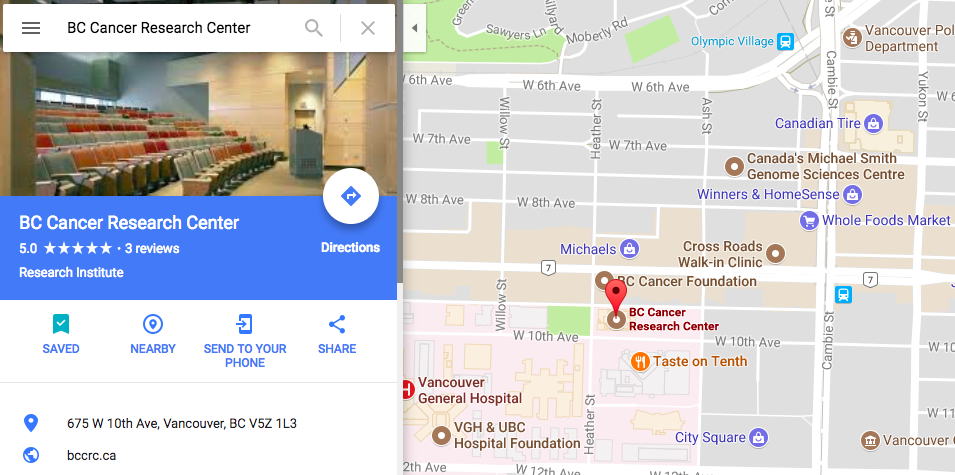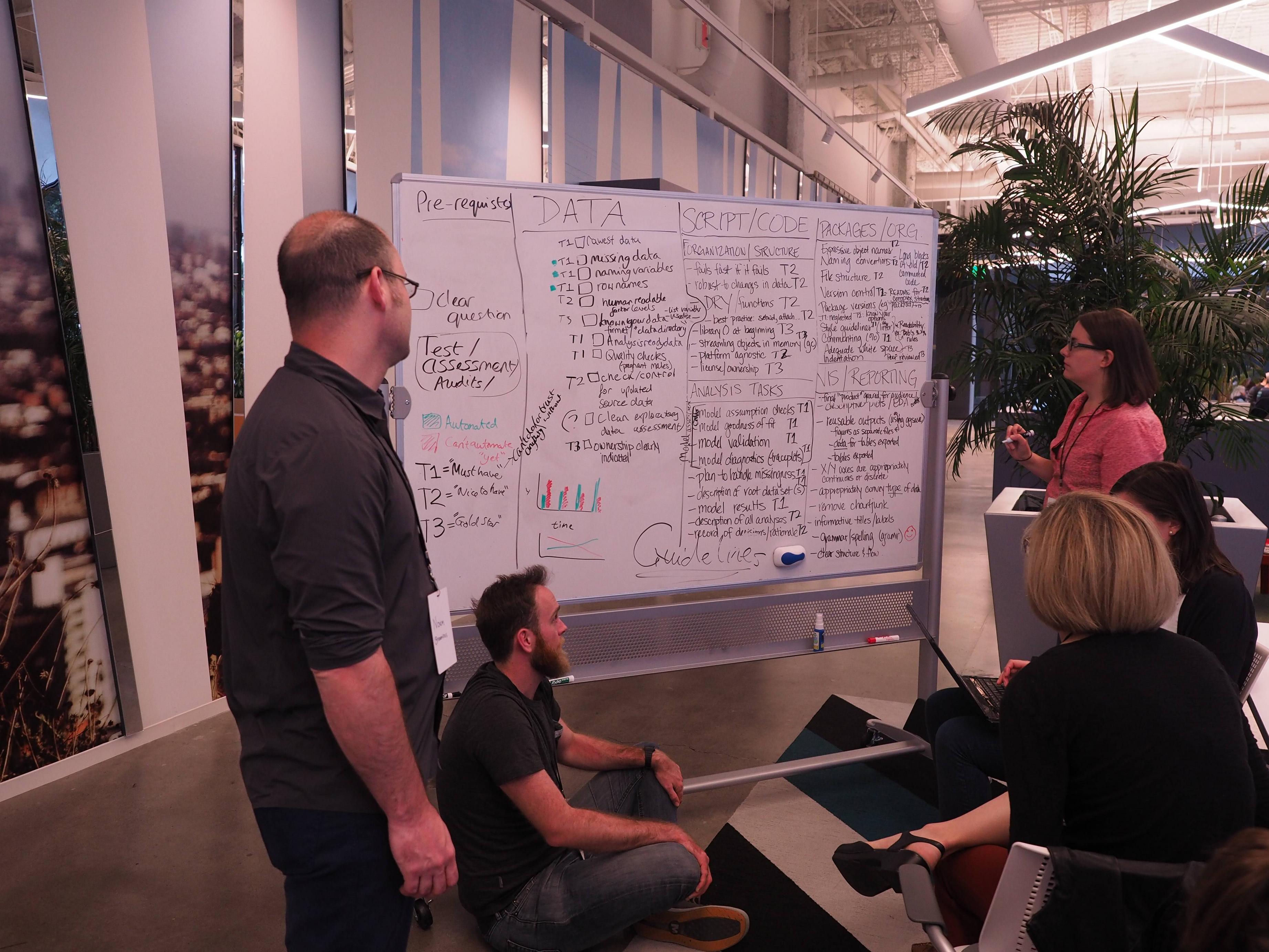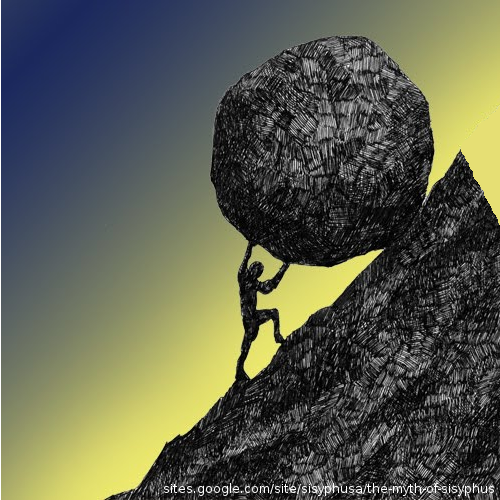At rOpenSci, our R package peer review process relies on the the hard work of many volunteer reviewers. These community members donate their time and expertise to improving the quality of rOpenSci packages and helping drive best practices into scientific software. Our open review process, where reviews and reviewers are public, means that one benefit for reviewers is that they can get credit for their reviews.

To give you an idea of where I am in my R developer germination, I’d just started reading about testing when I received an email from @rOpenSci inviting me to review the weathercan package. Many of us in the R community feel like imposters when it comes to software development. In fact, as a statistician, it was a surprise to me when I was recently called a developer.

I love working with R and have been sharing the love with my friends and colleagues for almost seven years now.

rOpenSci is holding our annual staff and leadership meeting in Vancouver, so we’re taking the opportunity to share what we do and, if you’re interested, how you can get involved. Join us for a series of 7 short talks and demos followed by informal networking over snacks & refreshments. rOpenSci is a non-profit initiative that promotes open and reproducible research using shared data and reusable software.
webmockr webmockr is an R library for stubbing and setting expectations on HTTP requests.It is a port of the Ruby gem webmock. webmockr works by plugging in to another R package that does HTTP requests. It currently only works with crul right now, but we plan to add support for curl and httr later.
Earlier this month we released a new version of the tesseract package to CRAN. This package provides R bindings to Google’s open source optical character recognition (OCR) engine Tesseract. Two major new features are support for HOCR and support for the upcoming Tesseract 4.hOCR output Support for HOCR output was requested by one of our users on Github.
rOpenSci’s mission is to enable and support a thriving community of researchers who embrace open and reproducible research practices as part of their work. Since our inception, one of the mechanisms through which we have supported the community is by developing high-quality open source tools that lower barriers to working with scientific data.

[This interview occurred at the 2017 rOpenSci unconference] SK: I’m Sean Kross, I’m the CTO of the Johns Hopkins Data Science Lab. Today I’m interviewing Julia Stewart Lowndes. Julia, what is your current preferred job title? JSL: I’m calling myself a marine data scientist - I’m the Science Program Lead for the Ocean Health Index.

For a fifth year running, we are excited to announce the rOpenSci unconference, our annual event loosely modeled on Foo Camp. rOpenSci unconferences have a rich history. You can get a feel for them by reading collected stories about people and projects from unconf17.

The drake R package is a pipeline toolkit. It manages data science workflows, saves time, and adds more confidence to reproducibility. I hope it will impact the landscapes of reproducible research and high-performance computing, but I originally created it for different reasons. This post is the prequel to drake’s inception. There was struggle, and drake was the answer.Dissertation frustration My dissertation project was intense.